Affiliate links on Android Authority may earn us a commission. Learn more.
Samsung Galaxy Note 10 vs HUAWEI P30 Pro: Which one is right for you?
August 11, 2019
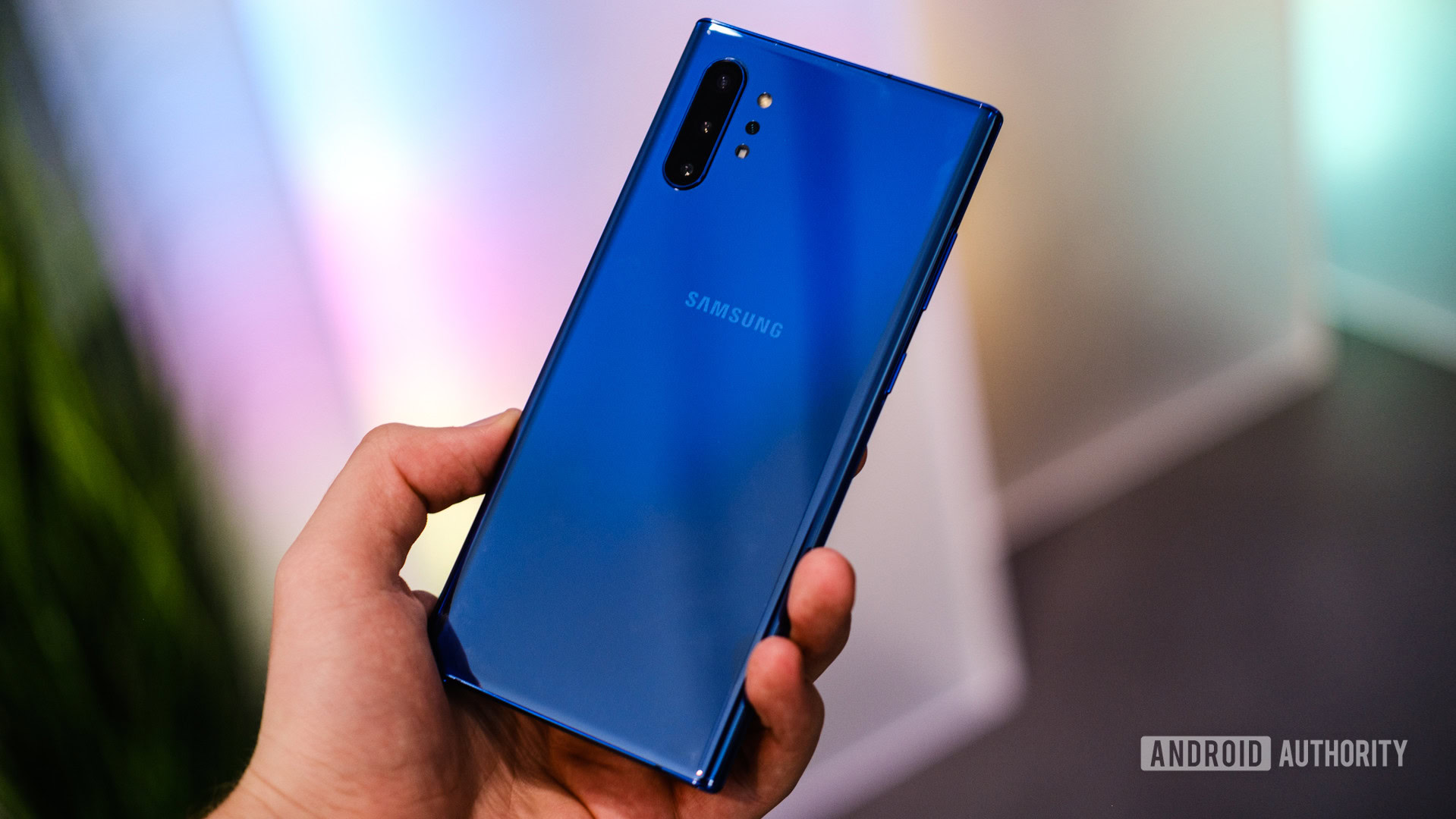
For the first time, Samsung has decided to launch two distinct models that share the Note 10 moniker: the Galaxy Note 10 and the Galaxy Note 10 Plus. With any new release, it’s natural to be curious about how it stacks up against the competition. In this quick specs comparison, we take a closer look at the Samsung Galaxy Note 10 and Note 10 Plus vs HUAWEI P30 Pro!
Let’s start with the new Galaxy Notes. The “true” Galaxy Note, that succeeds the Galaxy Note 9, is actually the Galaxy Note 10 Plus. In fact, Samsung would have been better off naming these phones the Galaxy Note 10 and Note 10 Lite. But everyone’s launching Pro and Plus iterations, so it’s no surprise that Samsung followed suit.
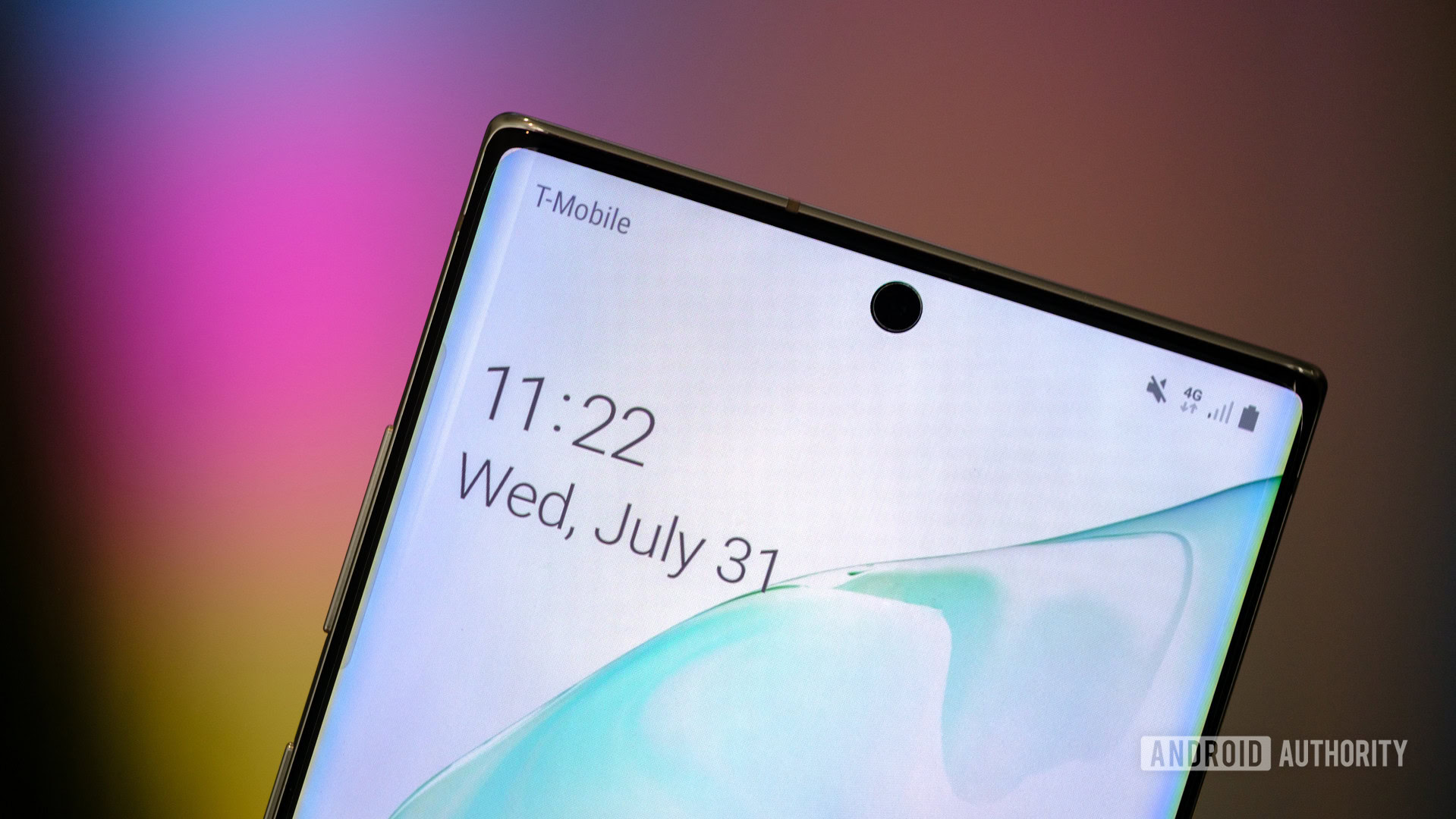
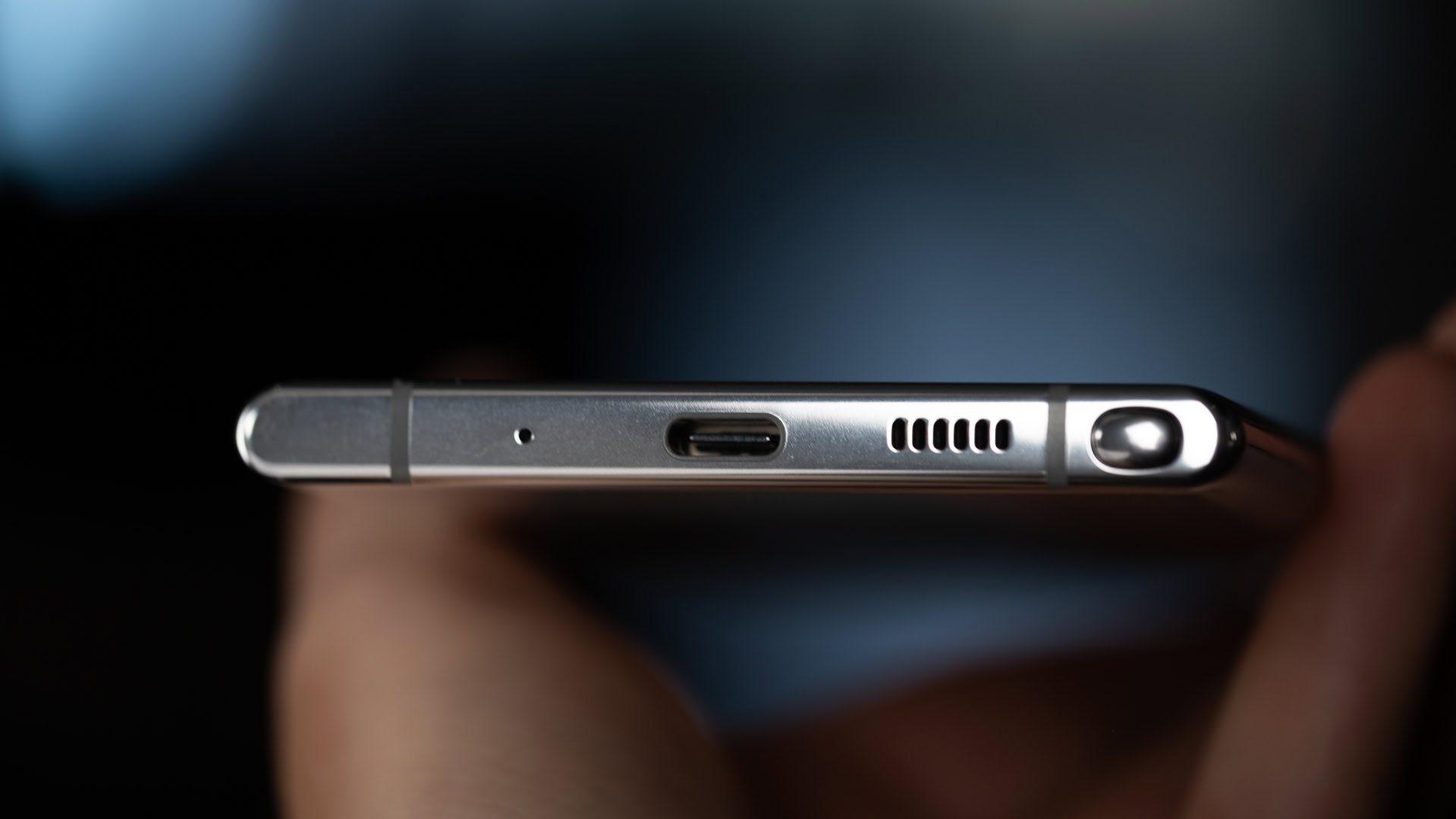
Samsung certainly goes all out with the Galaxy Note 10 Plus. It comes with a 6.8-inch display with a QHD+ resolution and curved edges that are even more prominent this time around. The punch hole camera makes its way over from the Galaxy S line, but it’s now centered and smaller. Under the hood is the Snapdragon 855 or the Exynos 9825 chipset depending on the market, and 12GB of RAM. 256GB or 512GB of high-speed UFS 3.0 memory is available that can be expanded with a microSD card.
Apart from the design and the processing package, the Galaxy Note 10 doesn’t bring as much to the table. The smaller 6.3-inch display has a lower Full HD+ resolution. It comes with “only” 8GB of RAM and 256GB of UFS 3.0 memory, with no higher RAM or storage options available. Surprisingly, the microSD slot is exclusive to the Plus edition too. Making a rather contentious choice, Samsung has unfortunately decided to remove the headphone jack from both phones.
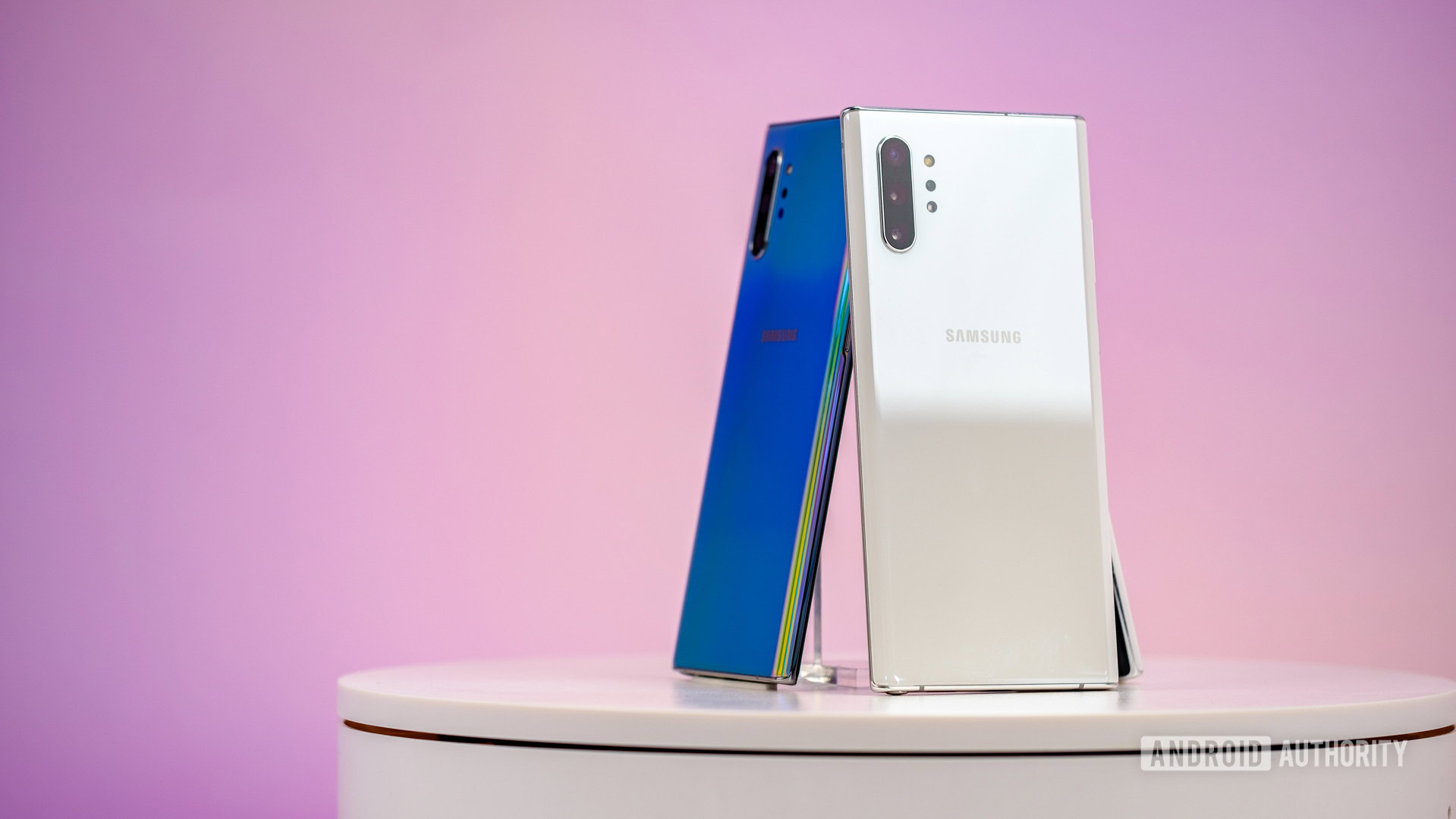
Keeping everything running on the Note 10 Plus and Note 10 are 4,300mAh and 3,500mAh respectively. They support fast charging (45W for the Plus and 25W for the regular) and fast wireless charging (15W for the Plus and 12W for the smaller phone). The reverse wireless charging feature is available with both.
Also read: Is Samsung Superfast Charge as quick as the competition?
The Galaxy Note 10 comes with a 12MP camera with variable aperture, a 16MP ultra-wide angle shooter, and a 12MP telephoto lens. The Galaxy Note 10 Plus comes with the same setup, but throws a VGA depth sensor into the mix. Both come with a 10MP selfie shooter. Samsung’s flagship cameras have consistently been some of the best around, and the Galaxy Note 10’s are shaping up to be equally promising as well.

Some premium features are standard across the board, like the ultrasonic in-display fingerprint sensor and an IP68 rating for dust and water resistance. Of course, the feature that defines the Note series is also available — the S Pen. Samsung’s stylus gets better and better with every iteration, and has a few tricks up its sleeve this time too.
On the software side, both phones run Android Pie with Samsung’s One UI on top. Samsung has done a great job with completely streamlining its software experience. However, One UI is certainly not lacking in features. These include Secure Folder, Game Launcher, and Dual messenger, to name a few — you can check out more here.
| HUAWEI P30 Pro | Samsung Galaxy Note 10 | Samsung Galaxy Note 10 Plus | |
|---|---|---|---|
Display | HUAWEI P30 Pro 6.47-inch OLED 2,340 x 1,080 resolution 398 ppi | Samsung Galaxy Note 10 6.3-inch Dynamic AMOLED Infinity-O 2,280 x 1,080 resolution 401ppi | Samsung Galaxy Note 10 Plus 6.8-inch Dynamic AMOLED Infinity-O 3,040 x 1,440 resolution 498ppi |
SoC | HUAWEI P30 Pro HiSilicon Kirin 980 | Samsung Galaxy Note 10 Global: Samsung Exynos 9825 U.S.: Qualcomm Snapdragon 855 | Samsung Galaxy Note 10 Plus Global: Samsung Exynos 9825 U.S.: Qualcomm Snapdragon 855 |
RAM | HUAWEI P30 Pro 6/8GB | Samsung Galaxy Note 10 8GB (LTE model) 12GB (5G model, Korea only) | Samsung Galaxy Note 10 Plus 12GB |
Storage | HUAWEI P30 Pro 128/256/512GB Nano memory expandable storage up to 256GB | Samsung Galaxy Note 10 256GB No microSD card slot UFS 3.0 | Samsung Galaxy Note 10 Plus 256/512GB microSD card slot UFS 3.0 |
Cameras | HUAWEI P30 Pro Rear Ultra-wide: 20MP, ƒ/2.2 Wide: 40MP, ƒ/1.6, OIS Telephoto: 8MP, ƒ/3.4, OIS ToF 3D camera Front 32MP, ƒ/2.2 | Samsung Galaxy Note 10 Rear Ultra-wide: 16MP, ƒ/2.2 Wide-angle: 12MP, OIS, ƒ/1.5+ƒ/2.4 apertures Telephoto: 12MP, ƒ/2.1, OIS Front 10MP, ƒ/2.2, 80-degree field-of-view | Samsung Galaxy Note 10 Plus Rear Ultra-wide: 16MP, ƒ/2.2 Wide-angle: 12MP, ƒ/1.5+ƒ/2.4 apertures, OIS Telephoto: 12MP, ƒ/2.1, OIS Depth Vision camera: VGA, ƒ/1.4 Front 10MP, ƒ/2.2 aperture |
Battery | HUAWEI P30 Pro 4,200mAh | Samsung Galaxy Note 10 3,500mAh | Samsung Galaxy Note 10 Plus 4,300mAh |
IP rating | HUAWEI P30 Pro IP68 | Samsung Galaxy Note 10 IP68 | Samsung Galaxy Note 10 Plus IP68 |
Software | HUAWEI P30 Pro Android 9 Pie EMUI 9.1 | Samsung Galaxy Note 10 Android 9 Pie Samsung One UI | Samsung Galaxy Note 10 Plus Android 9 Pie Samsung One UI |
Dimensions and weight | HUAWEI P30 Pro 158 x 73.4 x 8.4mm 192g | Samsung Galaxy Note 10 151 x 71.8 x 7.9mm 168g | Samsung Galaxy Note 10 Plus 162.3 x 77.2 x 7.9mm 196g |
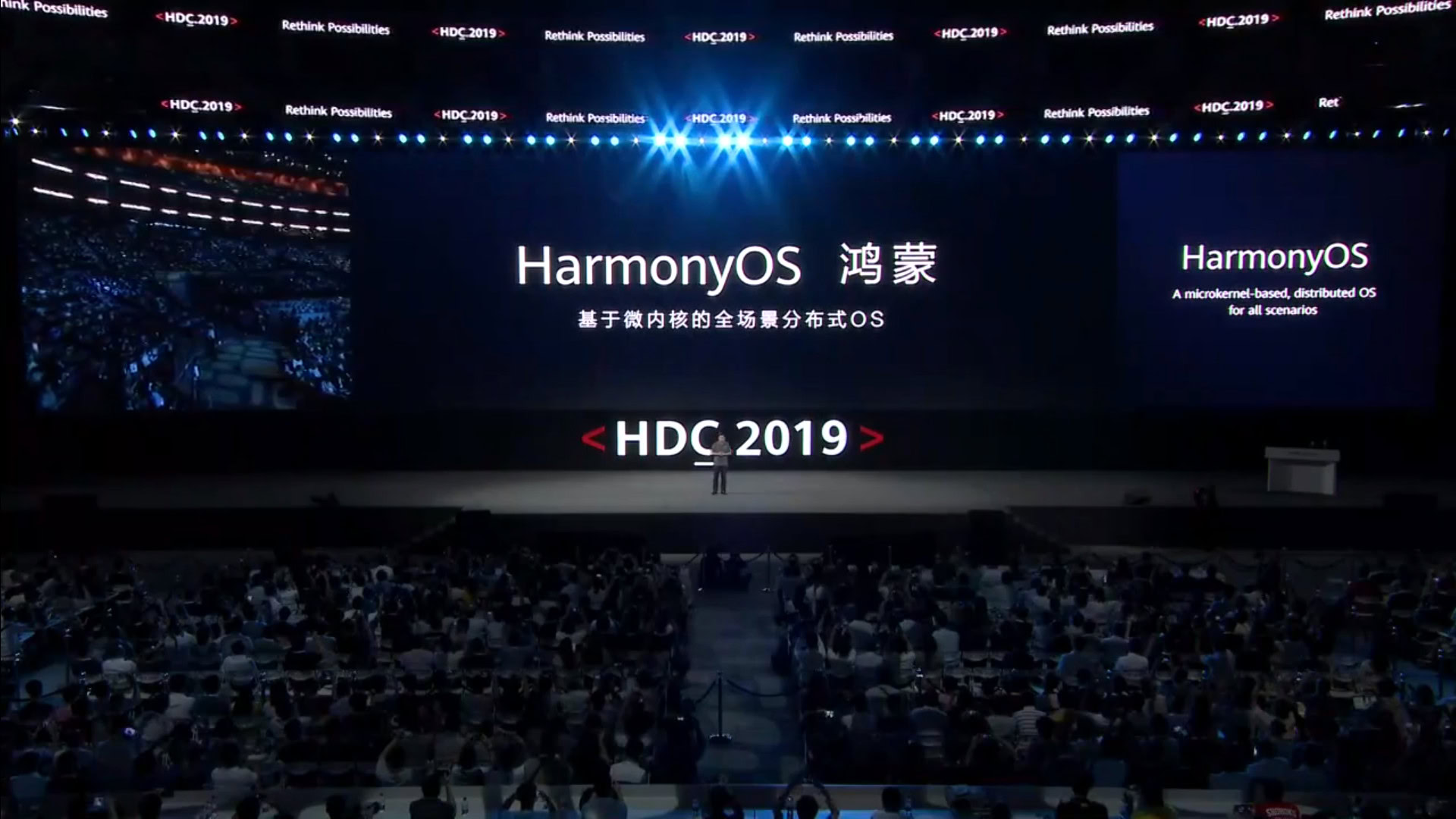
On the other hand, we have the HUAWEI P30 Pro. HUAWEI may be reeling a bit right now, but there’s no denying that it has learned how to make excellent high-end smartphones over the past few years. With its recent Mate and P series devices, HUAWEI has consistently churned out some of the best flagships you can buy.
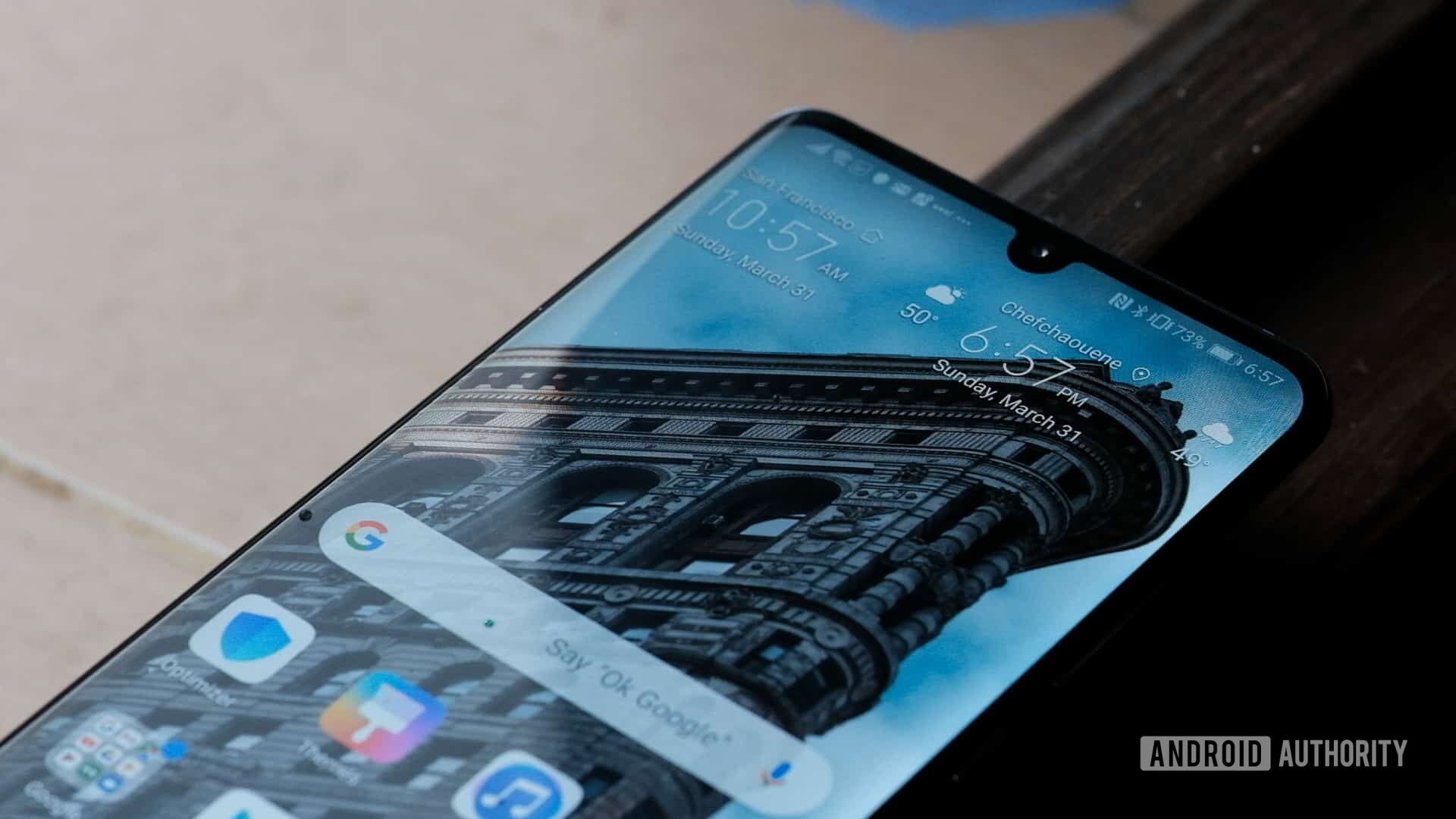
Leading the pack, for the moment, is the HUAWEI P30 Pro. It comes with a 6.47-inch OLED display with a Full HD+ resolution. Like the Galaxy Notes, you the display curves and blends into the sides of the phone. The P30 Pro shows that HUAWEI knows how to make a good-looking phone.
Under the hood, the P30 Pro comes with HUAWEI’s flagship processor of choice, the Kirin 980. You can choose between 6GB and 8GB of RAM and 128GB, 256GB, and 512GB of storage. It’s not the whopping 12GB RAM of the Galaxy Note 10 Plus, but you probably don’t need that much anyway. The P30 Pro offers expandable storage, but it’s basically HUAWEI’s own take on it. The phone has a card slot, but it only works with Huawei’s proprietary Nano Memory format.
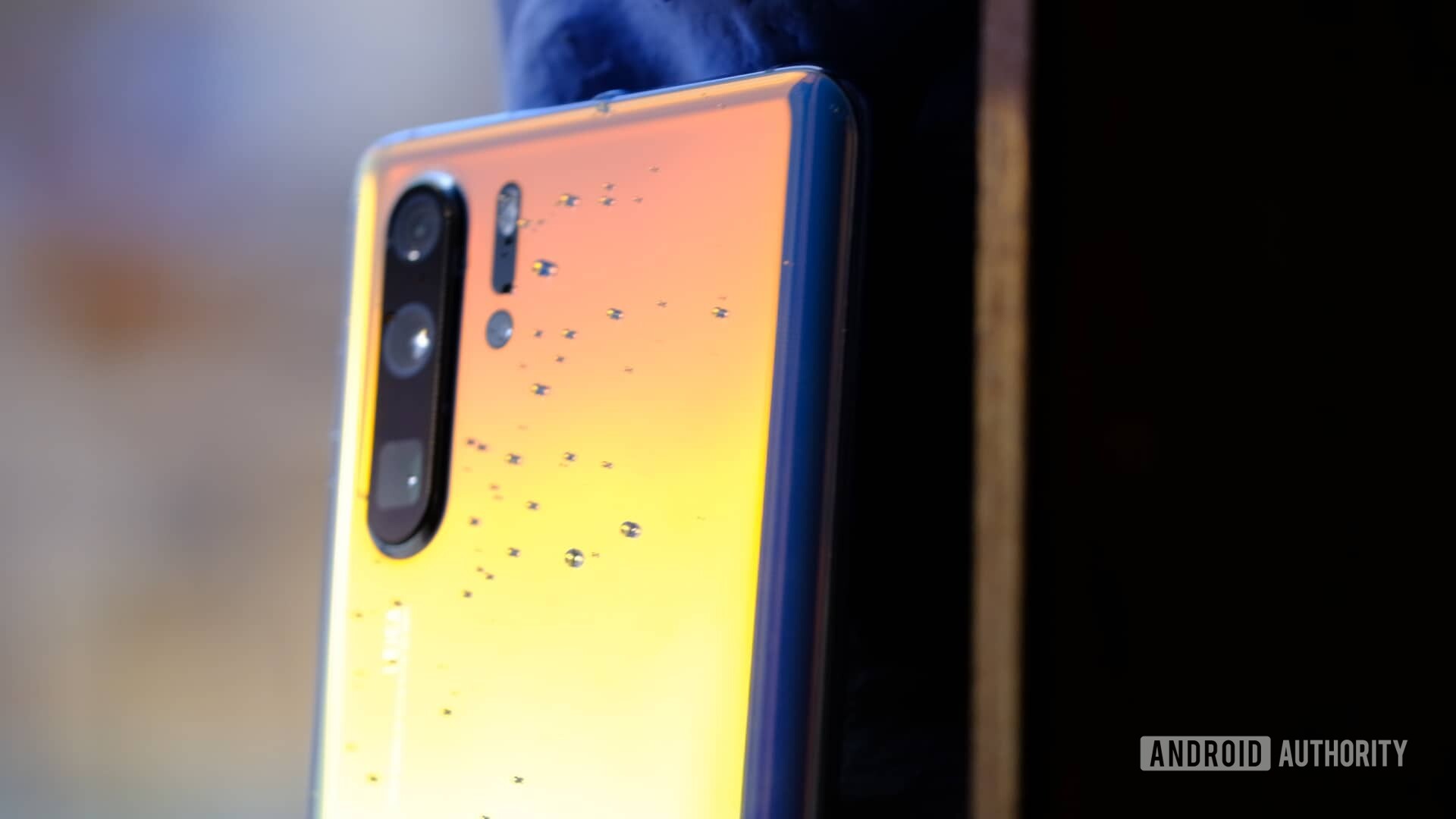
It also checks all the right boxes when it comes to premium flagship features. There’s an in-display fingerprint sensor and it also comes with an IP68 rating for dust and water resistance. Unsurprisingly, there’s no headphone jack here either. Keeping everything running is a 4,200mAh battery capable of fast charging (40W) and fast wireless charging (15W).
The P30 Pro’s cameras are its biggest selling point. It comes with a 40MP primary camera, 20MP ultra-wide angle shooter, an 8MP telephoto lens, and a ToF 3D camera. Housed in the notch is a 32MP selfie shooter. This camera setup is considered one of the best around, and it’ll be interesting to see how the Galaxy Note 10 fare in this battle.
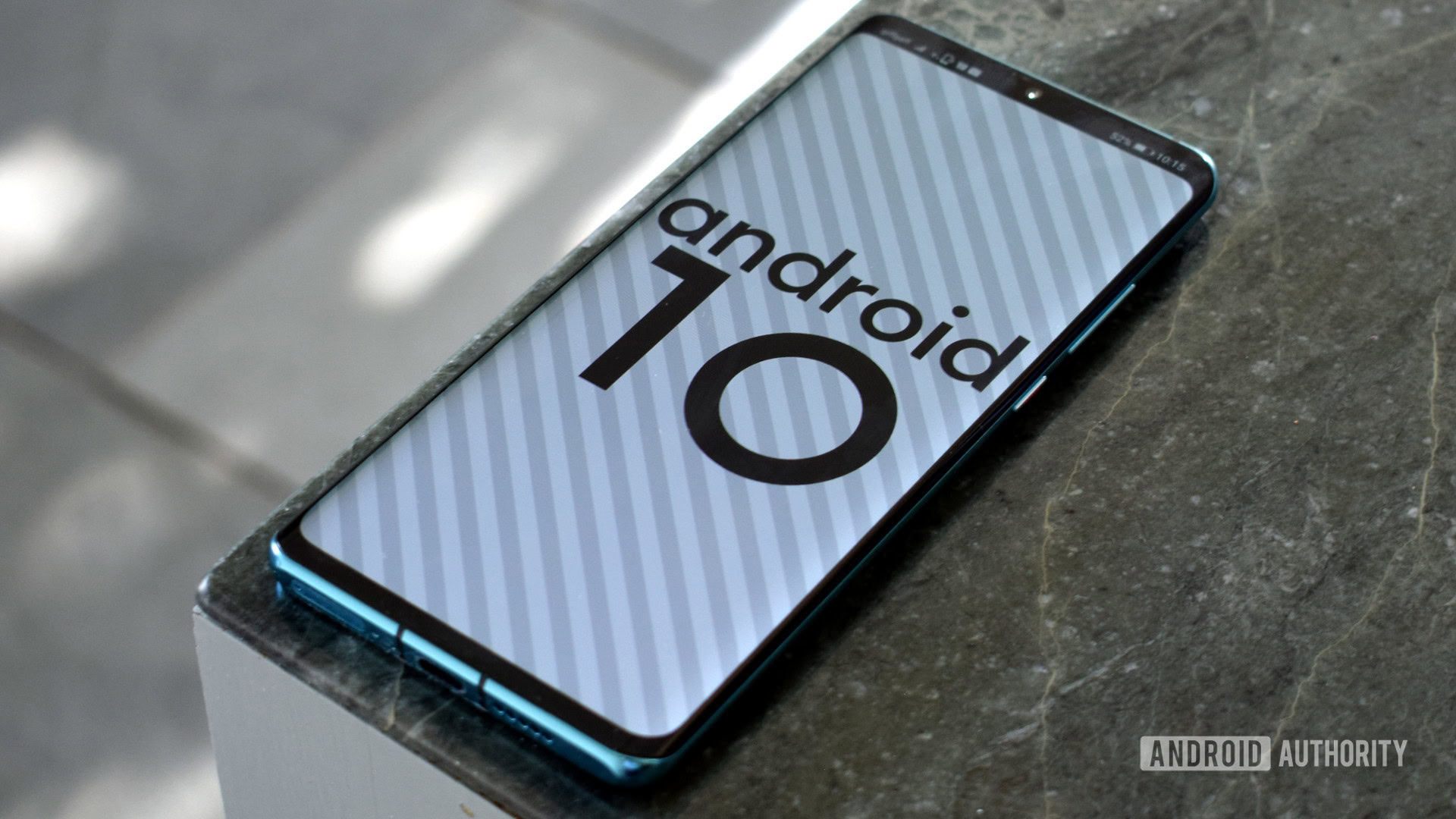
The phone runs EMUI 9.1 based on Android 9 Pie. EMUI has evolved from the iOS clone it used to be to a feature-rich and well-designed user interface. It’s chock full of features of course, with everything from a way to keep specific files and apps locked to a turbo gaming mode. You can find out more about everything EMUI has to offer here.
Galaxy Note 10 vs HUAWEI P30 Pro: And the winner is…

Usually, Samsung’s Galaxy Notes have no trouble running over the competition, but it’s certainly closer now than it has ever been. This actually has more to do with how far HUAWEI has come and not that Samsung has fallen behind in any way.
That said, I’d still give the leg up to the Samsung Galaxy Note 10 series in this comparison. The Galaxy Note 10 Plus, in particular, impresses in every way. It doesn’t get any better in terms of raw power, Samsung’s displays and cameras are going to be outstanding as always, and something like the S Pen isn’t found with any other high-end offering.
Things are a lot more even when the Galaxy Note 10 is pit against the HUAWEI P30 Pro. Full HD+ screens and the same RAM and storage (but UFS 3.0 with the Samsung). Again, the unique proposition here is the S Pen, but if you’re okay without it, the HUAWEI P30 Pro is equally worth considering. The HUAWEI P30 Pro is slightly cheaper than both though.